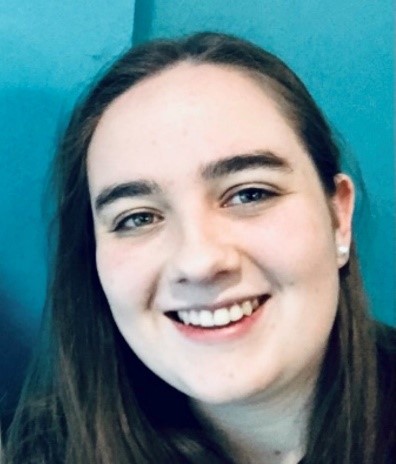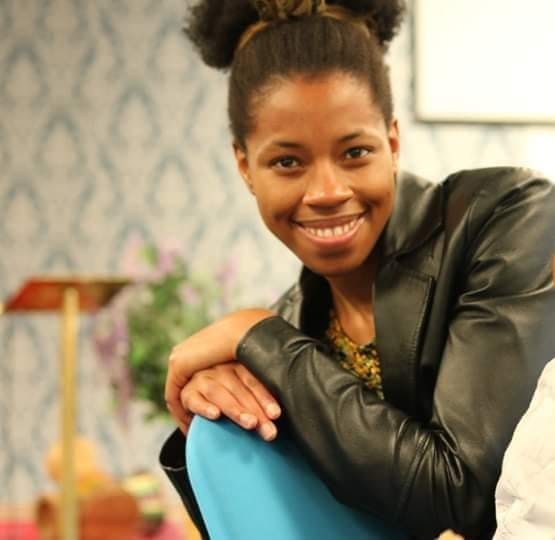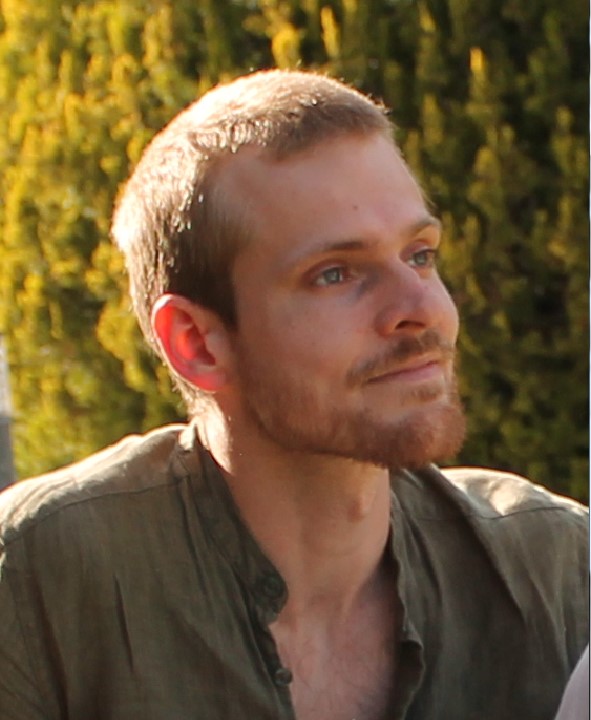Chloe Hobbs

Exploring antibiotic combinations to improve the treatment options for biofilm-associated diabetic foot infections.
Supervisors: Prof. James O’Gara and Dr. Georgina Gethin.
Background: Chloe Hobbs BSc, is an NUI Galway microbiology graduate, with an interest in the field of infectious disease microbiology. During her final year project as part of the pathogenic mechanisms group at NUIG she gained insight into how different bacteria cause infection and how these bacteria can live and grow as part of antibiotic tolerant communities called biofilms.
Explanation of research: During this study clinical specimens collected from the wounds of patients with infected diabetic foot ulcers will be used to improve our understanding of the different types of bacteria responsible for these infections. The ability of combinations of currently licensed antibiotics to improve treatment options for diabetic foot infections will then be evaluated.
Why this study is Important: Diabetic foot infections (DFIs) are a serious problem and can be very difficult to treat. With few new antibiotics under development, we are overly reliant on currently licensed antibiotics, limiting the therapeutic options for infections such as DFIs. The overall goal of this project is to improve the treatment options available for patients living with infected diabetic foot ulcers by combining currently used antibiotics to enhance their ability to treat these infections.
Funding: This project is funded by the Health Research Board as part of the DFD PRIMO programme.








-Healy_Student-Photo.jpg)









